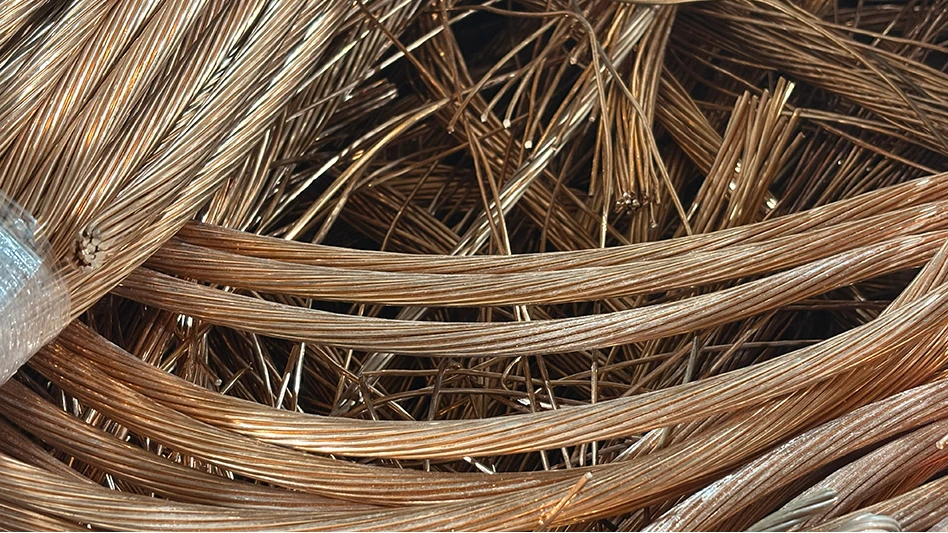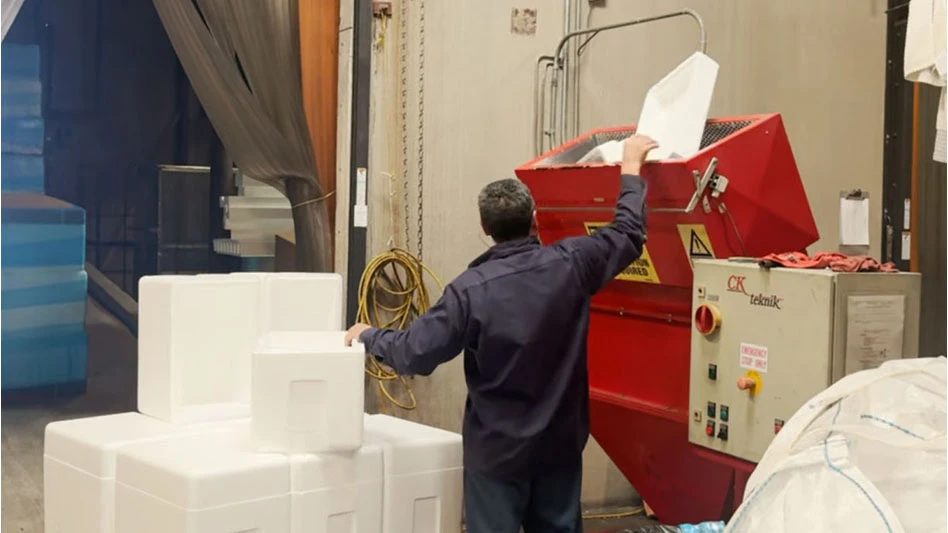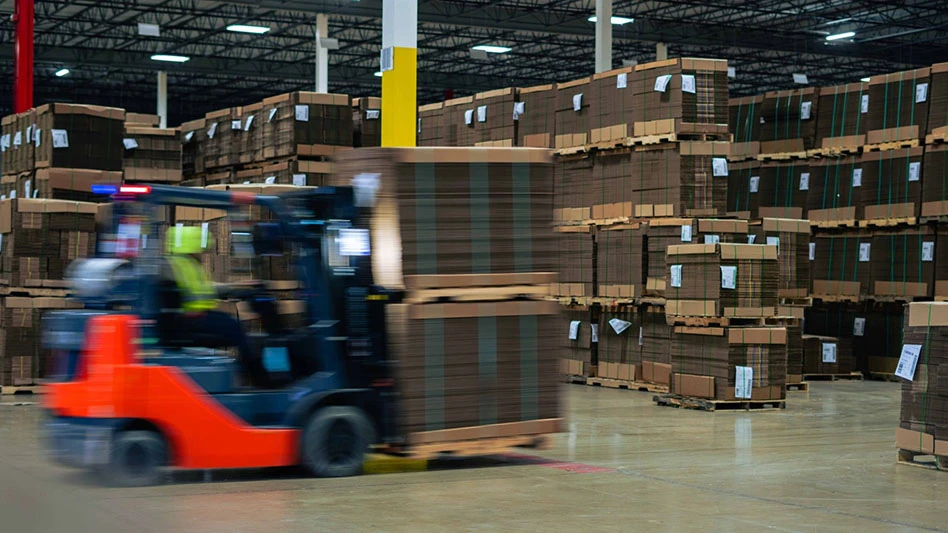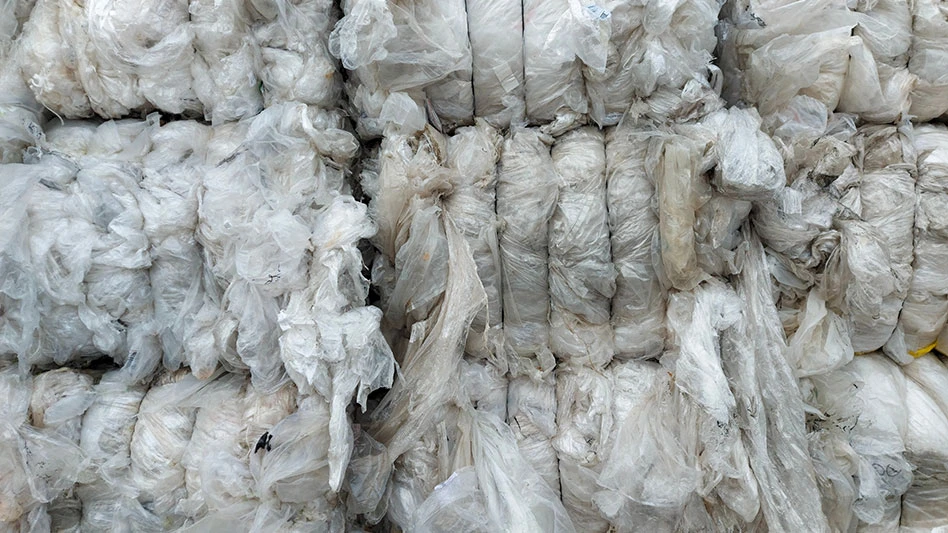The Basel Action Network (BAN), a Seattle-based nonprofit group, says nations that are parties to the Basel Convention have agreed to establish new definitions of hazardous and nonhazardous electronic scrap that mean some obsolete items and materials will be banned from trade while others require notification by the exporting country and consent by the importing country prior to export.
BAN says the changes “protect legitimate recycling [by] ensuring that the new amendments exempted e-waste that is preprocessed in the exporting country to a safe, nonhazardous concentrate of metals or plastics already listed on the Basel nonhazardous list (Annex IX).”
BAN says that exception “enables more electronics to be recycled into commodity-grade secondary resources rather than thrown into landfills or incinerators.”
The organization also expresses a desire to close what it calls a “loophole” regarding international trade in repairable electronic items. BAN says debate among nations as to when e-scrap “is a waste and when it is not" continues.
The electronics repair and refurbishment trade between nations with developed economies and those with developing economies is being defended by traders who say overseas buyers “do not pay to ship ‘waste’ with the intent to avoid costs they would certainly not incur in the rich nations where they purchase surplus goods.”
While stating BAN will strive “close that final loophole,” the group’s Executive Director Jim Puckett says of the recent definition changes, “Due to the deadly emissions created when e-waste is processed thermally or in primitive acid stripping operations, this new agreement will go a long way toward protecting the environment and human health worldwide.”
Latest from Recycling Today
- You have production scrap, WEIMA machinery processes it where it’s made
- CP Group, Cisek Inspections forge innovative X‑ray recycling alliance
- Regroup, CP Group unite for cutting-edge Halifax MRF
- Modern MRFs: AI, automation and safety, redefining recycling operations
- CalRecycle opens comment period on proposed SB 54 revisions
- 2026 Circular Steel Summit: Taking stock of tariffs
- CDRA Conference & Tradeshow 2026: Addressing battery fire risks
- Darda equipment now available in North America





